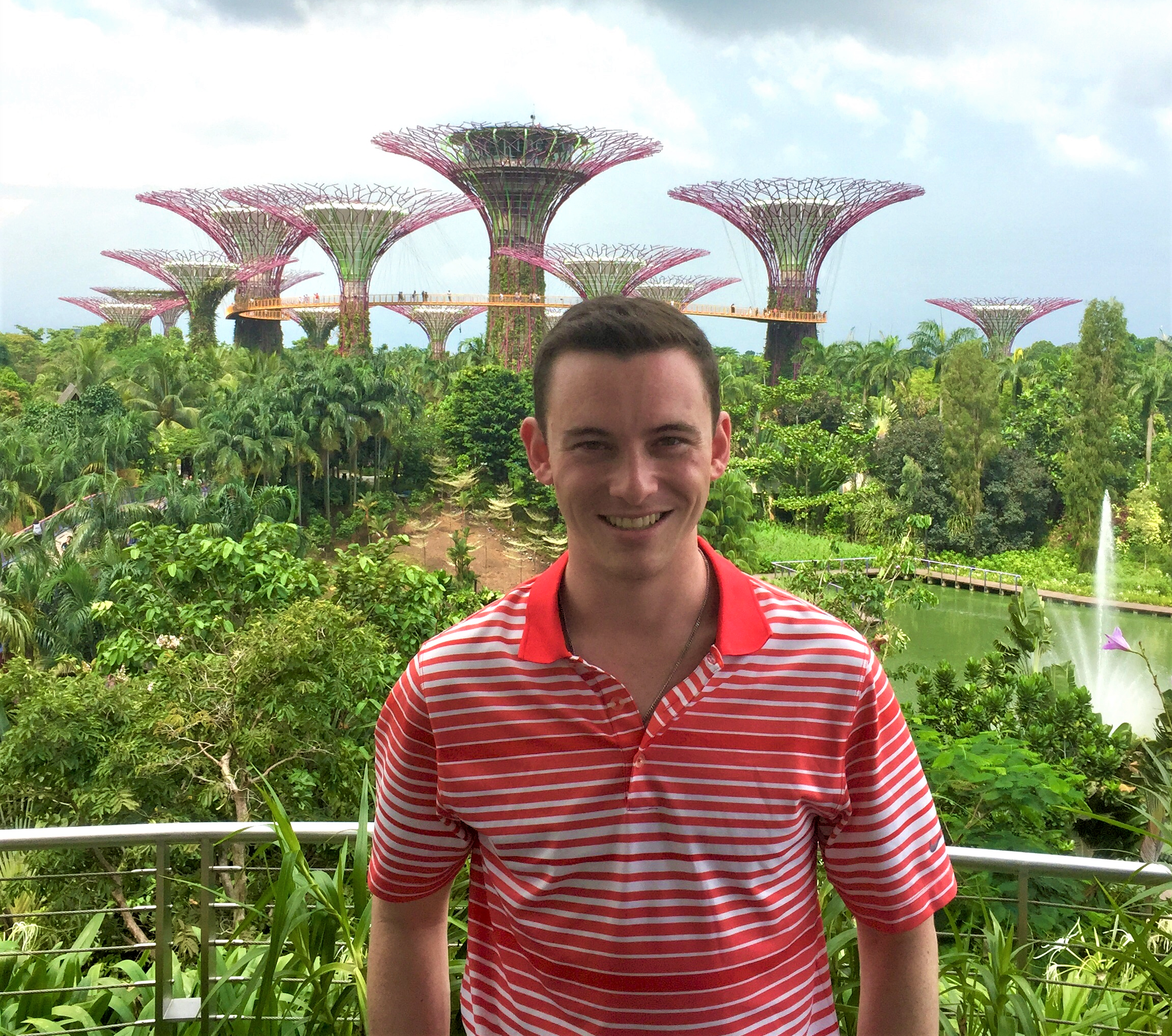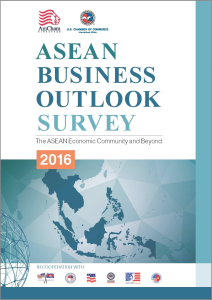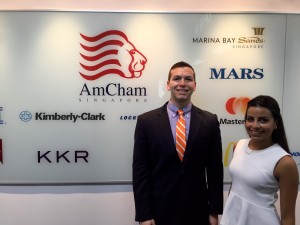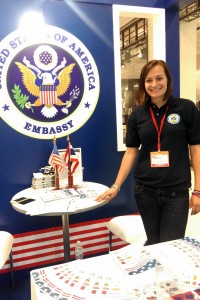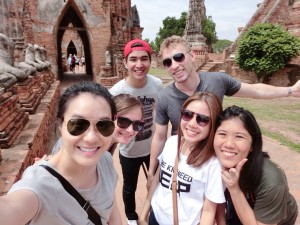Alex is currently completing his joint MAIR/MAECN, which is a Master of Arts in International Relations and a Master of Arts in Economics. His internship was completed as part of the Singapore Summer Internship Program.
When we discuss the pivot to Asia in international relations, we usually refer to a realignment of US foreign policy. However, over the past twenty years, unprecedented Asian economic growth has led the whole global economy to pivot to Asia. While China usually takes the spotlight, the so-called “Asian Tiger” countries have played an essential role in this transformation. Exemplary of these countries is Singapore, which in the past fifty years has gone from being a minor colonial trading post to becoming one of the world’s most important ports and a major global financial hub.
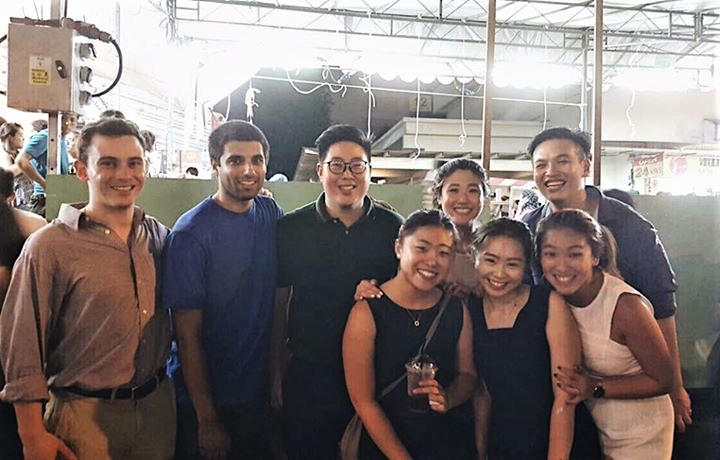
This summer I had the opportunity, through S.U. Abroad’s Singapore program, to immerse myself in the vibrant business culture of this incredible country. I spent the summer as a finance and management intern at Pratt and Whitney, one of the world’s leading manufacturers of military and commercial airplane engines. In my role, I was given a variety projects on which to work ranging from regular finance-related tasks, such as maintaining the monthly profit and loss report, to process improvement projects aimed at streamlining production, purchasing, and shipping to deal with the large amount of growth the company is experiencing.
In addition to the many finance and management related skills which I was able to further develop in my role, the opportunity to finally work in a region of the world which I had studied academically for so long was invaluable. As someone who hopes to work internationally in the private sector, this internship exposed me to a very different business culture from what I was used to and has given me a solid experiential foundation for my future in the international business world.
While I was in Singapore, I was also lucky enough to be able to take advantage of its proximity to the rest of South-East Asia and was able to do some traveling in my time off from work. Overall, I am very thankful to have had this opportunity to work in Singapore this summer. It was an amazing experience and has reaffirmed my interest in working in Asia as well as sparking an even deeper interest in South-East Asia in particular.
